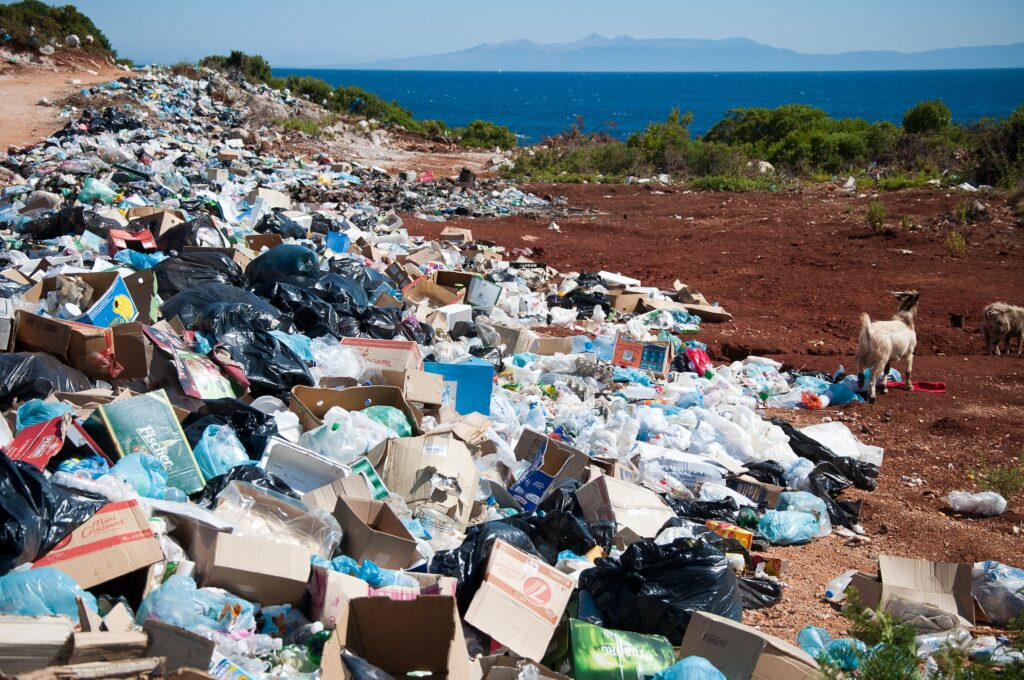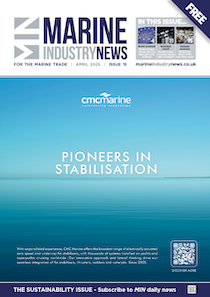Microplastics in global oceans rise tenfold to 171 trillion pieces

A new scientific study has found that there are now 171 trillion pieces of plastic estimated to be floating in the world’s oceans. The data suggests this is an increase from an estimated concentration of 16 trillion pieces in 2005.
Authors of the study, spearheaded by the non-profit 5 Gyres Institute and published in the journal Plos One, warn that current efforts to curb plastics “repeatedly fail”. The levels of plastic could triple by 2040 if no action is taken.
Plastic represents a huge threat to marine life, as it can kill fish and sea animals who mistake it for food. Plastic can take hundreds of years before it breaks down into a less harmful state.
Last week, the UN signed a historic deal to protect marine biodiversity in international waters. The agreement is being referred to as the ‘High Seas Treaty’. This legal framework will place 30 per cent of the world’s oceans into protected areas, put more money into marine conservation, and covers access to and use of marine genetic resources.

To achieve the updated estimate, the paper’s authors analysed historic dating going back to 1979. They added fresh data collected on expeditions at around 12,000 locations, which collect plastics with nets dragged through the sea.
The levels of plastic collected were inputted into a mathematical model that calculated a global estimate.
The reasons behind such a sharp increase are not confirmed, although researchers say it could be explained by legislation around pollution being replaced by voluntary agreements. It could also be linked to larger pieces of plastic breaking into smaller pieces — or the amount of data collected.
Prof Richard Thompson at Plymouth University, who was not involved in the study, told the BBC that the estimate adds to what scientists know about marine pollution.
“We are all agreed there is too much plastic in the ocean. We urgently need to move to solutions-focused research,” he says.
Authors of the study argue the best long-term global solutions involve standardised monitoring frameworks to track global trends, and creating binding and enforceable international agreements to prevent the emissions of plastic pollution.










